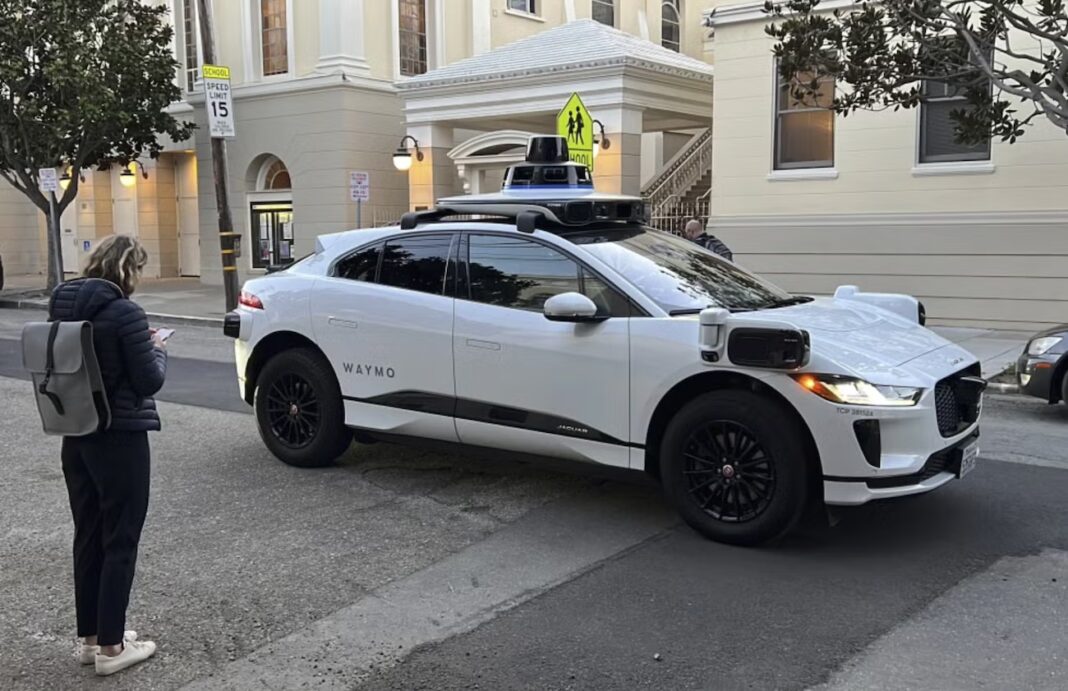New Jersey’s push toward autonomous transportation has hit a significant speed bump, as newly proposed legislation could delay the arrival of fully driverless ride services in the state for up to five years. The bill, now advancing through the legislature, has sparked strong reactions from advocates, industry leaders, and lawmakers.
The measure, approved by the Senate Transportation Committee on November 10 and currently awaiting review by the Senate Budget and Appropriations Committee, would establish a five-year pilot program for autonomous vehicles. A key provision requires that the first three years include on-road testing with a human driver present — a requirement not seen in many other states already operating driverless services.
The proposal quickly drew criticism from accessibility advocates who argue that the bill creates needless obstacles to technology that could greatly expand mobility options. Linda Melendez, president of the National Federation of the Blind’s New Jersey chapter, told lawmakers the plan places an “unnecessary barrier” between disabled residents and greater independence.
“The benefits will increase independence and mobility of blind and low-vision people,” Melendez said during emotional testimony.
She argued that autonomous ride services, which operate in other states without a driver behind the wheel, could offer reliable 24/7 transportation free from the limitations of public transit schedules. “If I had an autonomous vehicle I wouldn’t have had problems coming here,” she said.
Tech companies also expressed frustration, particularly Waymo, which operates fully driverless services in multiple U.S. cities. Waymo representatives urged lawmakers to revise the bill and remove the mandatory human-driver requirement. According to the company, more than 25 states have authorized driverless operations, and Waymo is already providing a quarter-million paid trips per week in cities including Phoenix, Los Angeles, San Francisco, and Austin.
“We do not want to see New Jersey lose out on the safety, sustainability, and accessibility benefits that autonomous vehicles can bring for the next half-decade,” said Matt Walsh, the company’s Regional Head of State and Local Public Policy.
He cautioned that the bill, as currently written, would likely prevent Waymo from including New Jersey in its expansion plans until at least 2031.
Despite the criticism, some lawmakers signaled that revisions could be under consideration. Senate Transportation Committee Chairman John Diegnan suggested that the bill’s sponsor, Sen. Andrew Zwicker of Somerset County, may be open to adjustments. Zwicker later emphasized that New Jersey aims to build upon years of autonomous-vehicle research to ensure the technology is deployed safely and responsibly.
Support for the bill also came from the New Jersey Business and Industry Association, which called it a reasonable balance between innovation and consumer protection.
Meanwhile, Waymo vehicles have already been spotted mapping streets in Hoboken, Jersey City, and near Newark Airport — but only for the purpose of testing in New York City’s program, which is further along and does not require an in-car safety driver for the full five-year period New Jersey is debating.
As deliberations continue, New Jersey finds itself at a crossroads: move cautiously with a lengthy pilot program or shift toward a looser framework that aligns with the pace of other states adopting driverless technology. For now, the future of autonomous ride services in the state remains uncertain, and residents eager for hands-free transportation may be waiting longer than expected.


